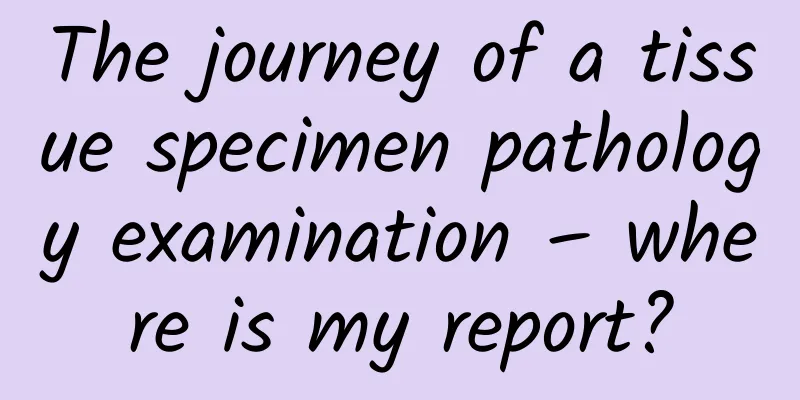What are the symptoms of endometritis?

|
It is not uncommon for women to suffer from endometritis in life, especially those who have undergone multiple abortions. Because the uterus is damaged by instruments or drugs, it is very easy to be infected with bacteria and cause endometritis. For women with a history of repeated abortions, they should pay attention to preventing the occurrence of endometritis. So, what are the symptoms of endometritis? Let’s take a look. Symptoms of endometritis: 1. The most typical symptom of endometritis is abnormal leucorrhea, including excessive leucorrhea, bloody leucorrhea, watery leucorrhea, and foul-smelling leucorrhea. The reason for excessive leucorrhea and watery leucorrhea is mainly due to the continuous stimulation of endometrial tissue by inflammatory substances and the continuous secretion of endometrial glands. The reason for bloody leucorrhea or even foul-smelling leucorrhea is often accompanied by infection inside the uterine cavity, especially when the uterine cavity is filled with pus, foul-smelling or even bloody leucorrhea will appear, which is more common in elderly patients with endometritis. 2. Patients with endometritis, especially those in the chronic infection period, will experience menstrual abnormalities, mainly manifested in prolonged menstrual periods, increased menstrual volume, and even dysmenorrhea. The reason for prolonged menstruation is that the endometrium is inflamed and there is no time to completely repair itself, so prolonged bleeding or even spotting will occur; and the reason for heavy menstruation is that long-term inflammatory stimulation leads to continuous proliferation and stimulation of the endometrial tissue, which also leads to continuous bleeding; at the same time, the proliferation and stimulation of the endometrial tissue stimulates excessive spasmodic contraction of the uterus, which will cause dysmenorrhea. 3. Another typical symptom of patients with endometritis is pain, especially abnormal pain around the pelvis. It is especially obvious during menstruation, after sexual intercourse, and after fatigue, and is mainly characterized by intermittent lower abdominal distension and pain and soreness in the lumbar region. This is related to the nerve plexus around the pelvic cavity, and is caused by inflammatory substances stimulating the nerve plexus. Note: For patients with obvious symptoms in the acute phase of endometritis, the main focus should be on relieving or eliminating the symptoms, and active anti-inflammatory treatment is preferred. If it is in the chronic phase, the main focus should be on clearing deep lesions. If there is any suspicious object in the uterine cavity, intrauterine curettage or uterine cleaning should be performed, and a pathological biopsy is preferred. |
<<: What to do if there is hydrops at the distal end of the fallopian tube
>>: What are the symptoms of uterine contractions during mid-pregnancy?
Recommend
Normal blood sugar range for pregnant women 1 hour after a meal
Because modern people eat less and pay less atten...
How long does it take for menstruation to come after taking progesterone capsules?
If many women experience irregular menstruation o...
What are the methods for inducing labor for stillbirth?
If the fetus dies in the uterus, it is necessary ...
The pain in the soles of my feet after childbirth has finally healed
Some mothers say that they found that their soles...
What to eat for breastfeeding mothers
For mothers, I believe many mothers have experien...
What folic acid should I take when preparing for pregnancy?
Children are very important to every family. They...
Vulva pain and itching
In our lives, many women suffer from gynecologica...
Why do I have back pain during menstruation?
Under normal circumstances, women will have menst...
What are the early metastatic sites of breast cancer?
Breast cancer is a serious cancer in life, becaus...
What should I do if I have my period again after menopause?
As women age, their ovarian function will gradual...
Breast pain during lactation
Breastfeeding is a happy and unique experience fo...
There is dead skin on the nipple
Breasts are an area that women should pay special...
Diagram of correct sleeping position during menstruation
The correct sleeping position during menstruation...
What are the treatments for acute mastitis during lactation?
Mastitis is not a serious disease in life, but it...
Can pregnant women sleep on bamboo mats?
Pregnant women need to keep warm during pregnancy...









